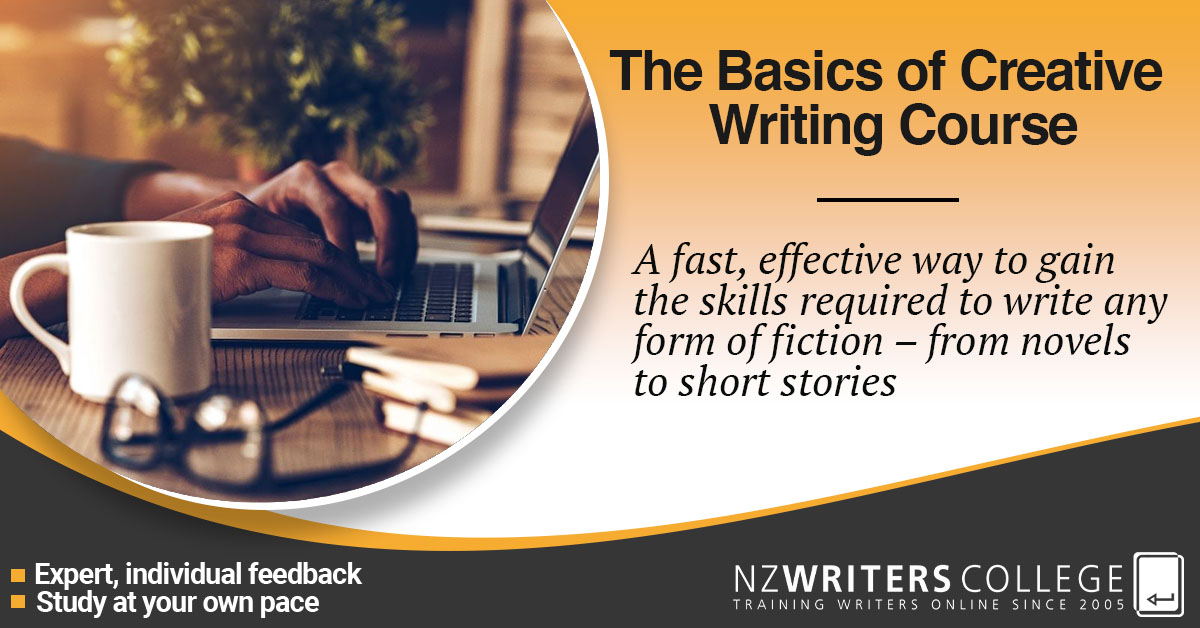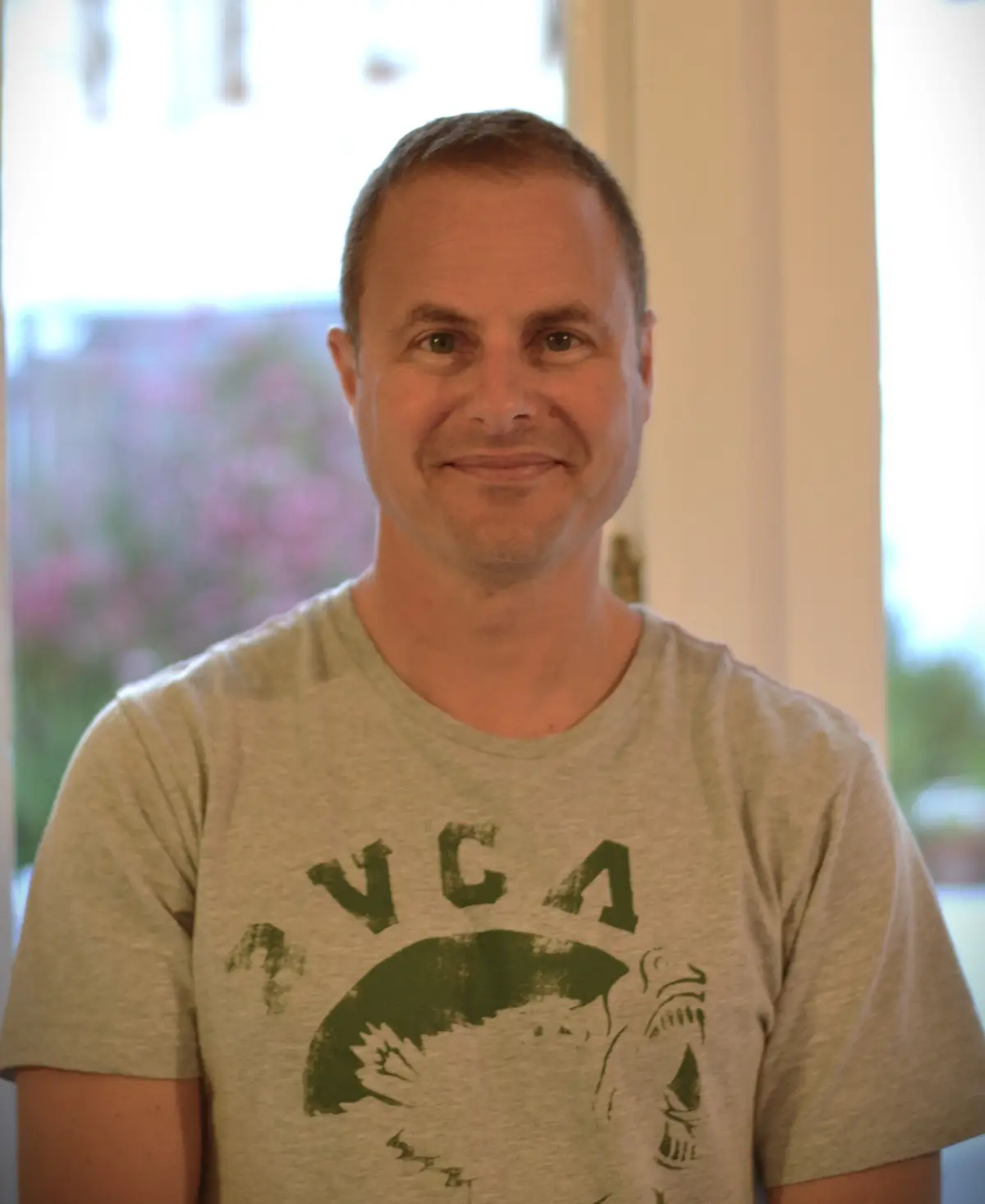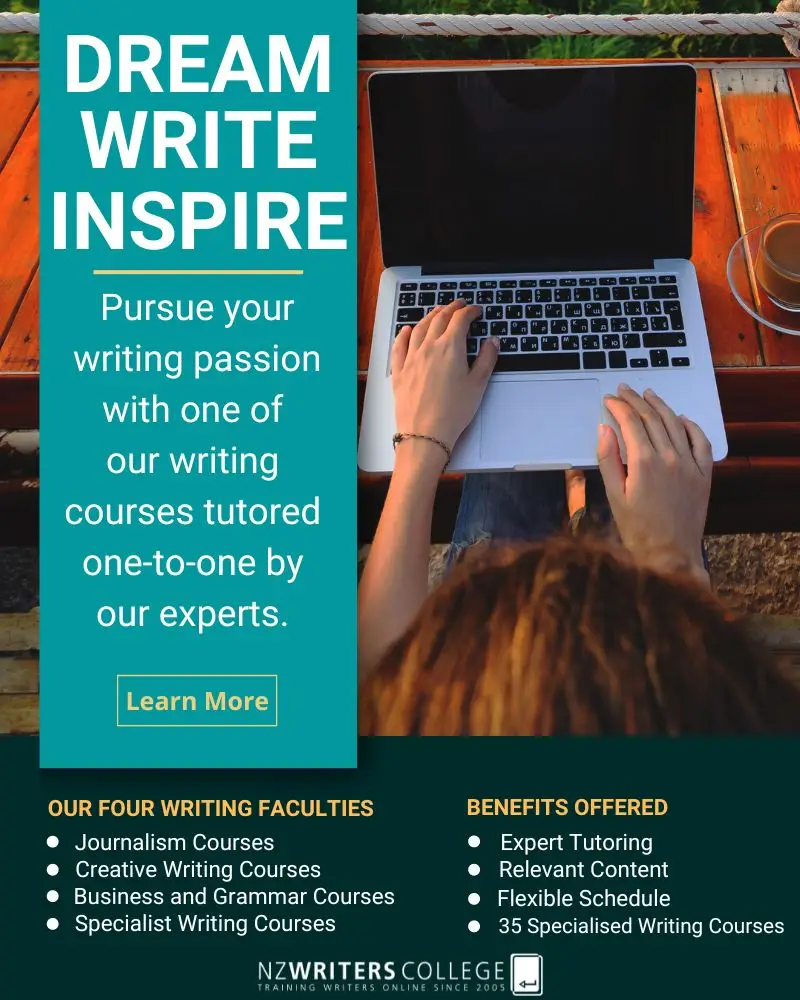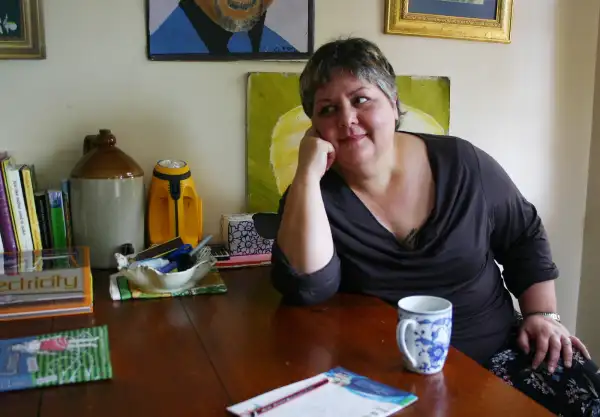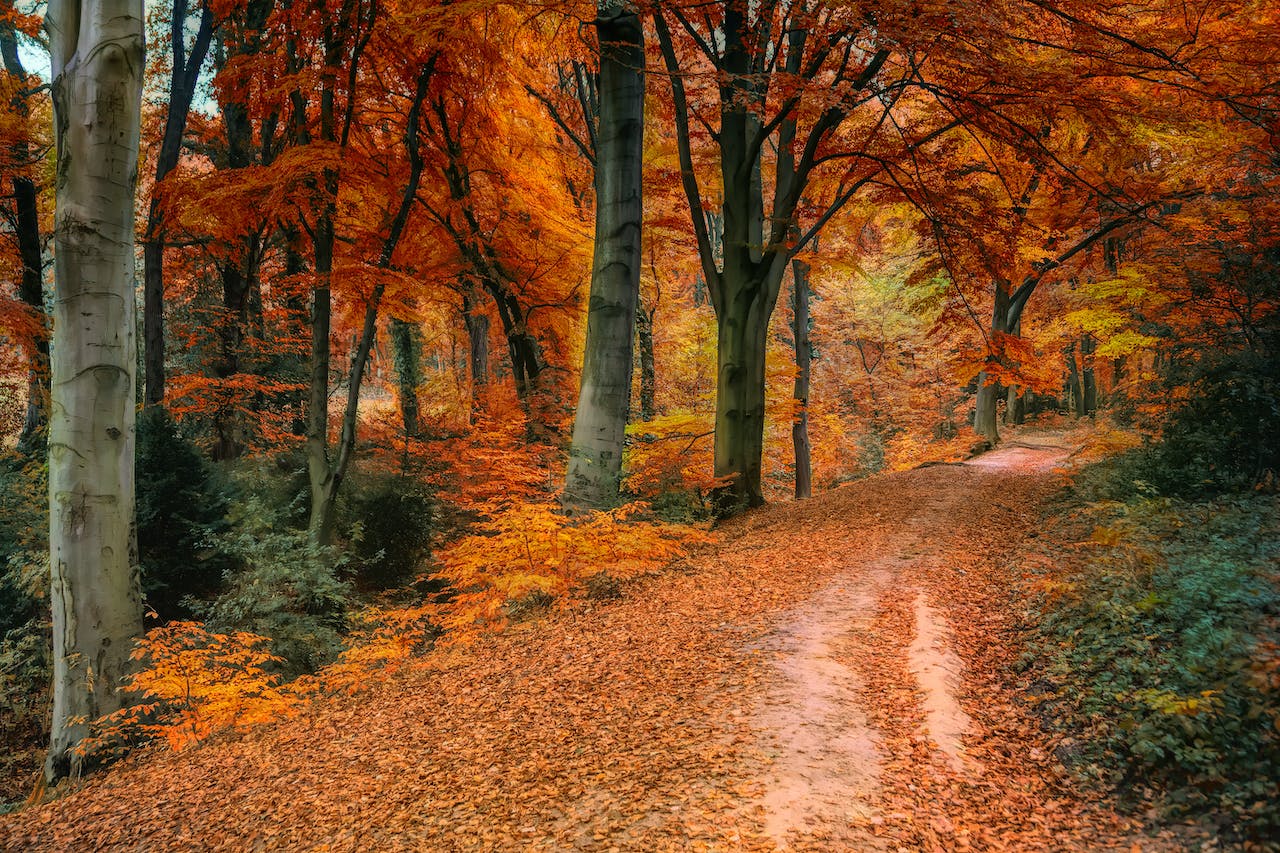Andrew Salomon is an award-winning author, clinching both the PEN Literary Award for African Fiction and the Short.Sharp.Stories Award. His debut novel, Tokoloshe Song, garnered acclaim as a finalist for the Terry Pratchett First Novel Award. Adding to his accolades, his short fiction has been recognised with nominations for the Commonwealth Short Story Prize.
Salomon’s repertoire extends to gripping Young Adult thrillers like The Chrysalis and Wonderbear, along with his latest dark fantasy thriller, The Equilibrist, which unfolds amidst the dramatic landscapes of Cumbria.
With a background in archaeology from University College London, Salomon’s adventures exploring rock painting and engraving sites worldwide imbue his storytelling. Sharing his writing expertise, Salomon teaches at the Writers College, guiding aspiring writers on their creative journeys through courses such as Write a Novel, Short Story Writing and Mastering Punctuation.
We asked Andrew about his career as a writer.
What ignited your passion for writing fiction, and how has that shaped your journey as an author?
The spark for me came – as I’m sure it does for most people – in childhood. I had something of a lonesome childhood, and I was a voracious reader from an early age: the Tintin books, Jules Verne’s stories and the Willard Price adventure novels showed me how you can live an adventure through a story. I thought, back then, that storytelling was the most incredible thing, and I still do.
How do you go about sculpting characters and weaving plotlines?
I often start with an image in my head insisting that it wants to be developed – it can be a specific situation or character, or a mix of both. I’ll start by describing a character and jotting down scenes that feel like they would fit into a story. This can go on for quite some time and be very messy, but as I go along, things start congealing into a storyline.
I also like to do at least some plotting and figure out a broad timeline before I start writing. When it comes to characters, I find if I can see them reasonably well in my mind’s eye, then I can trust they will develop and evolve in the writing.
How important is setting to you, and how do you construct immersive settings?
Setting is highly important, especially – and this may seem odd – for the limitations it imposes. If there are clear boundaries, a story can flourish within them. Writing that uses different senses helps to immerse the reader in your settings, so I like to describe how a place smells and sounds, along with how it looks. How it feels and tastes can also be very useful.
Writer’s block is a common hurdle for many. Have you encountered this obstacle, and if so, what strategies do you employ to surmount it?
I think writer’s block comes mainly from the fear of writing badly or the work not coming out the way you want it to. So every writer has to decide which is stronger: the need to write or the fear of not writing well. Sometimes you have to make this decision many times while writing a story, and I don’t know any writer who is immune to it.
Your awards speak to the quality of your work. How do you reconcile the pursuit of artistic vision with the expectations of your audience and the critical eye?
The awards I’ve won or been shortlisted for have all been for stories that felt very ‘right’ to me – that fitted with my artistic vision – and were also well-received by readers. I think it’s dangerous to try to predict your audience’s expectations; better to write a story you love yourself and hope that it will resonate with readers.
Can you share your experiences collaborating with editors and other professionals in getting your novels published?
My experience working with editors and other professionals has been highly positive. Working together has always made a story better. I also feel that a writer should listen when an editor or other trusted reader flags something that confuses them or makes them pause where you don’t want them to – it has nothing to do with your ego and is all about improving the story.
What kind of themes do you gravitate towards in your novels?
I like approaching great challenges through the experience of the individual, especially someone who is something of an outsider. And I’m very drawn to the dark desire for revenge and how its pursuit changes a character.
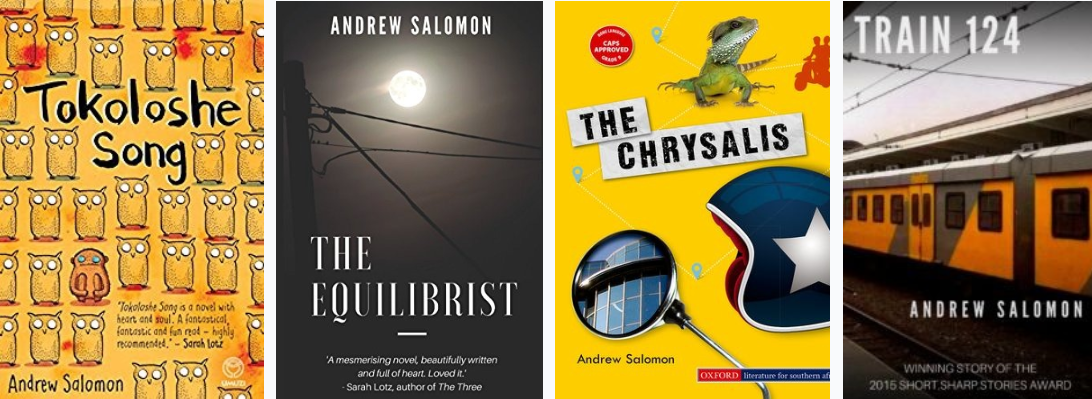
What wisdom would you share with emerging fiction writers navigating the maze of the publishing industry?
Concentrate on what you can control – and in the maze of the publishing industry, the only thing that comes down to is the quality of your work. Don’t try to time or predict the market or trends (unless you have a proven ability to do so).
Also, make sure you submit work in the format that is requested – make it easy for them to take the next step and read your work. And write something you would love to read yourself – honesty and enthusiasm make their way onto the page.
Looking forward, what upcoming writing projects are you keen to embark on?
I’m very keen to write a novel set on a particular Icelandic island. Since it’s still percolating in my head, I don’t want to say much more.
If your life were a novel, what genre would it be, and what would the title be?
What a great question, and so hard to answer! I think every person’s life is an adventure story – actually many adventure stories. Being an archaeologist, writer, husband and father are the life stories I am most grateful for.
